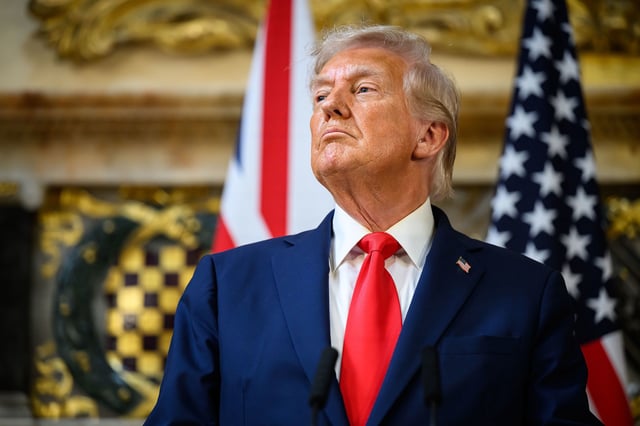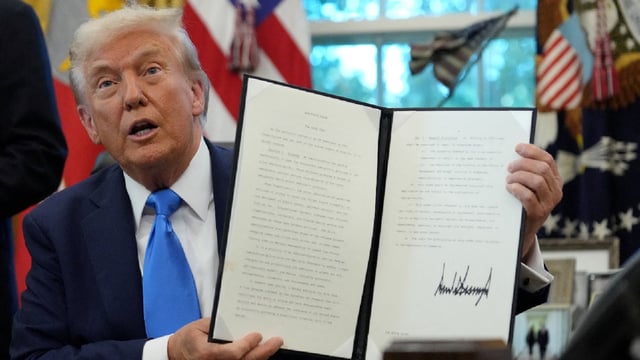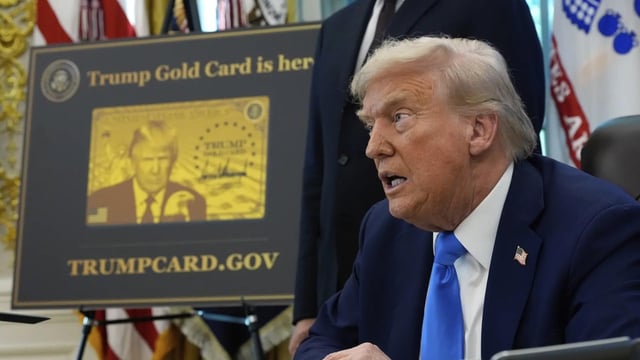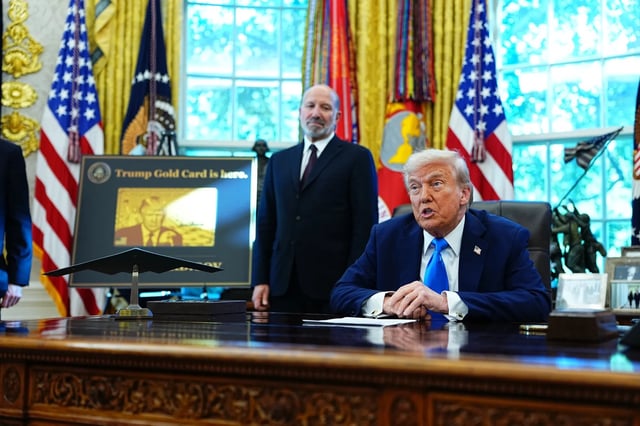Overview
- The presidential proclamation requires a $100,000 payment with H-1B petitions starting Sunday, runs for 12 months, and allows the Homeland Security secretary to exempt individuals, companies, or industries in the national interest.
- Administration officials said the fee will apply to both new applications and renewals, potentially adding up to hundreds of thousands of dollars per worker over typical visa periods.
- Alongside the fee, the White House unveiled paid expedited residency channels, including a ‘Gold Card’ that requires a $1 million contribution for individuals or $2 million for corporate sponsors.
- Legal experts question the executive branch’s authority to impose such a fee without congressional approval, signaling likely court challenges and implementation guidance to come.
- The move targets what officials call abuse by outsourcing firms and could significantly affect the tech sector and Indian professionals, who accounted for roughly 71% of recent H-1B approvals; separately, Sen. Jim Banks introduced a bill to raise wage floors, end OPT, and award visas to the highest bidders.



